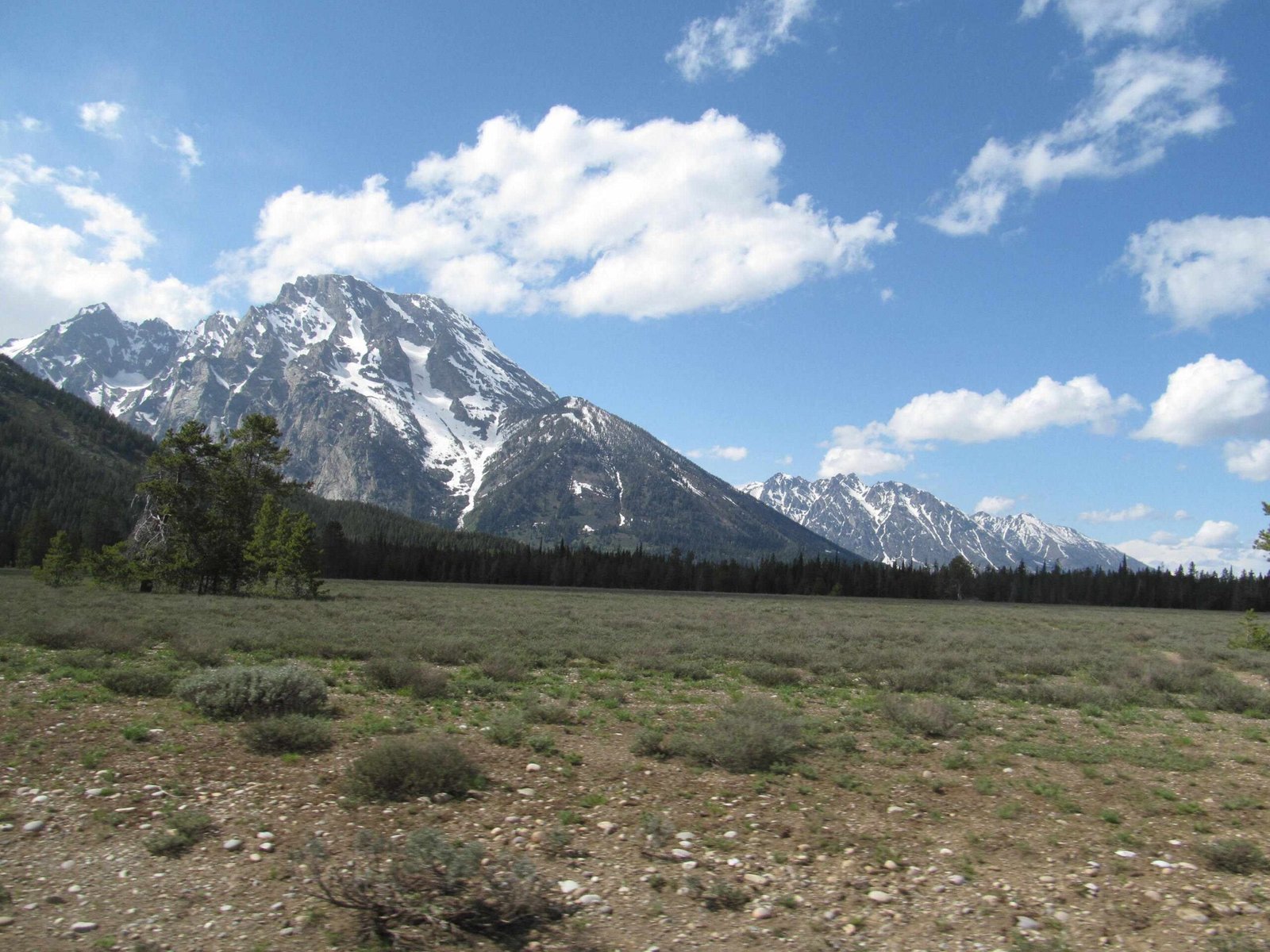Are Mosquitoes Bad in Grand Teton National Park?
Grand Teton National Park presents a challenging mosquito environment during summer months, with dense populations that can significantly impact visitor experiences. From June through August, mosquitoes thrive in the park’s numerous water-rich landscapes, creating potential discomfort for hikers, campers, and outdoor enthusiasts seeking to explore Wyoming’s stunning wilderness.
What Makes Mosquitoes Prevalent in Grand Teton?
Mosquito populations in Grand Teton National Park are influenced by several critical environmental factors:
- Water Abundance: Numerous lakes, rivers, and recently flooded areas create ideal breeding grounds
- Climate Conditions: Warm summer temperatures accelerate mosquito reproduction cycles
- Ecosystem Diversity: Rich wetland environments support extensive mosquito populations
How Severe Are Mosquito Encounters?
| Mosquito Density | Visitor Experience | Recommended Action |
|---|---|---|
| Low | Minimal Disruption | Standard Repellent |
| Moderate | Occasional Annoyance | DEET-Based Protection |
| High | Significant Interference | Full Protective Gear |
What Strategies Help Prevent Mosquito Bites?
Visitors can implement multiple strategies to minimize mosquito interactions:
- Protective Clothing
- Long-sleeved shirts
- Full-length pants
- Light-colored fabrics
-
Permethrin-treated clothing
-
Repellent Selection
- DEET-based products (40-50% concentration)
- Picaridin alternatives
-
Natural essential oil repellents
-
Timing Outdoor Activities
- Avoid dawn and dusk periods
- Plan midday hiking and exploration
- Choose open, breezy locations
Where Are Mosquito Hotspots in Grand Teton?
Certain park areas demonstrate higher mosquito concentrations:
- Marshy regions near Jackson Lake
- Riverine ecosystems
- Shaded forest edges
- Areas with standing water
- Regions near beaver ponds
What Health Precautions Should Visitors Take?
While mosquitoes in Grand Teton are primarily a nuisance, visitors should remain vigilant:
- Check for potential West Nile Virus risks
- Monitor local health advisories
- Carry comprehensive first-aid kit
- Consider travel insurance covering potential medical needs
Expert Recommendations for Mosquito Management
Professional park rangers suggest:
– Apply repellent before entering wilderness areas
– Reapply protection every 4-6 hours
– Carry additional repellent supplies
– Use mosquito head nets in extreme conditions
When Is the Best Time to Visit with Minimal Mosquito Interference?
- Early June: Moderate mosquito presence
- Late August: Declining mosquito populations
- September: Lowest mosquito activity
Conclusion
While mosquitoes can be challenging in Grand Teton National Park, proper preparation transforms potential discomfort into a manageable aspect of an extraordinary wilderness experience.

